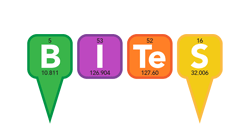We're putting the band back together
We're so glad to see so many of you lovely people here tonight. We would especially like to welcome all of the members of the Illinois' law enforcement community who have chosen to join us here at the Renaissance Hotel at this time.

